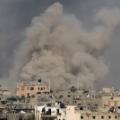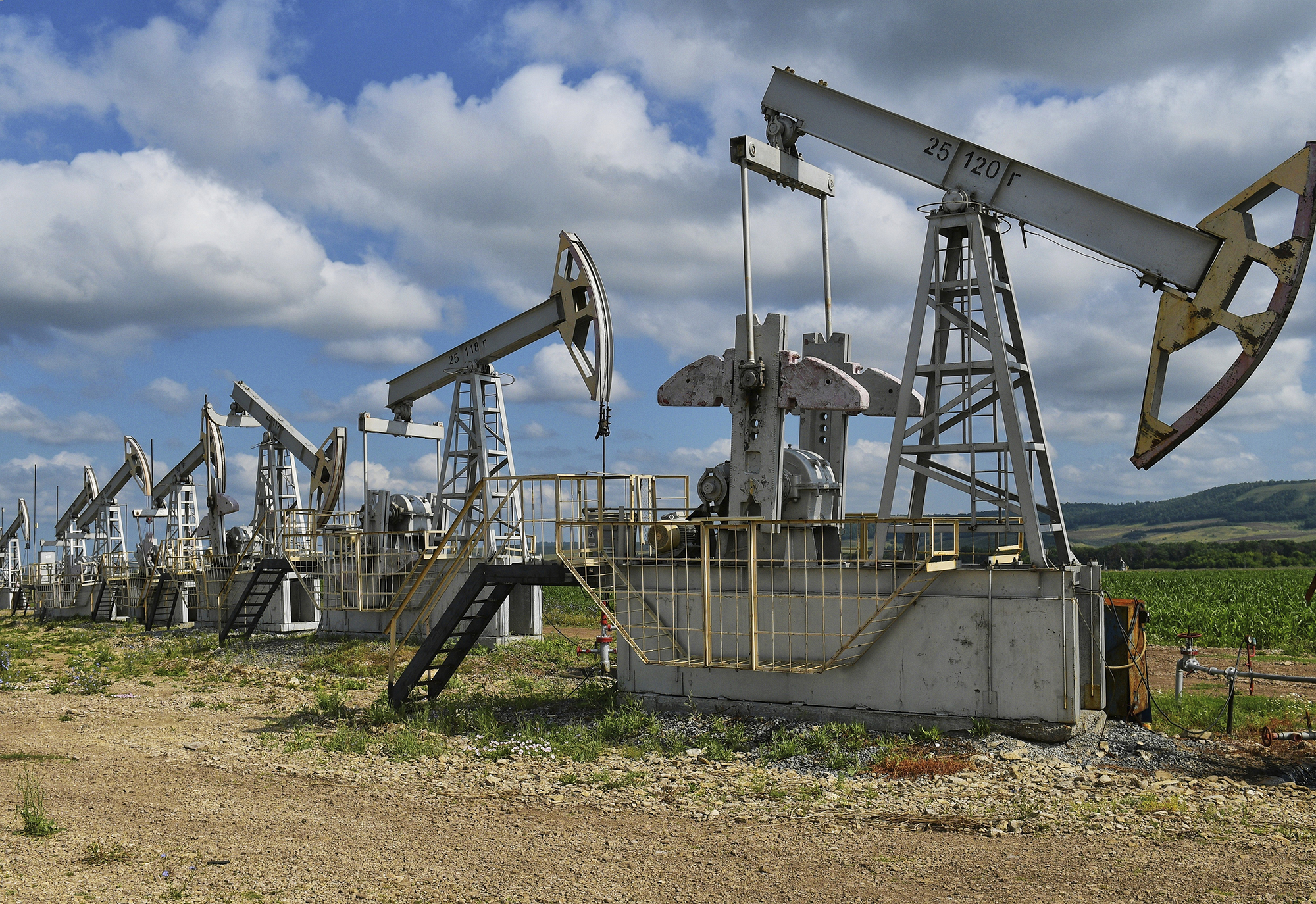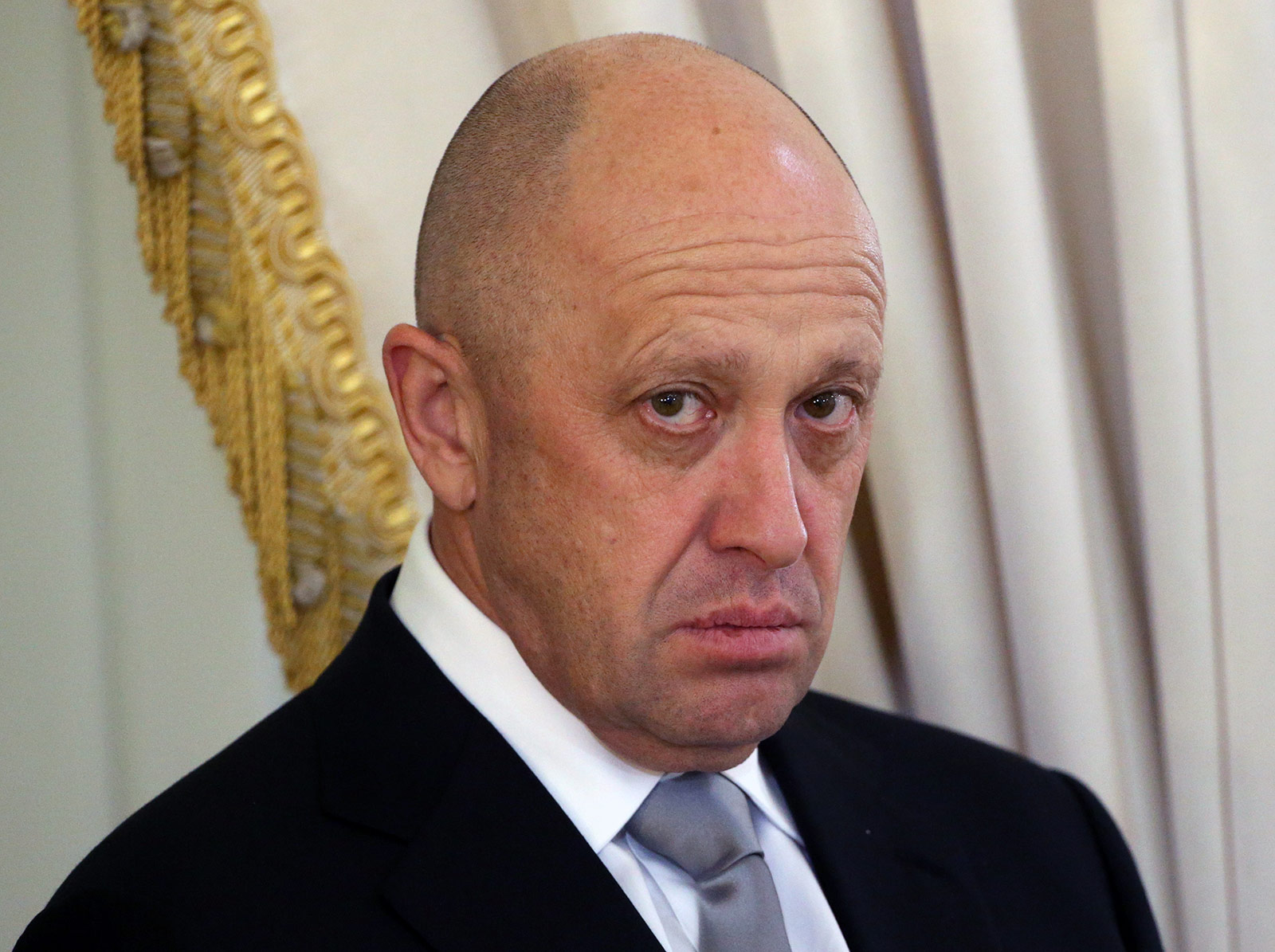The first vessel from the humanitarian program "Grain from Ukraine" delivered 25,000 tons of Ukrainian wheat bound for Ethiopia on Saturday, according to a statement from President Volodymyr Zelensky's office.
The statement said that, as part of the initiative, Ukraine plans to send over 60 more ships to Ethiopia, Sudan, South Sudan, Somalia, Congo, Kenya and Yemen.
The first ship arrived at the port of Doraleh in Djibouti on Saturday, en route for landlocked Ethiopia.
A second vessel, which crews have finished loading in the Ukrainian port of Chornomorsk, will head toward Ethiopia next week with 30,000 tons of wheat on board.
Some background: Experts warned over the summer that millions of people had been pushed into hunger as a Russian blockade fueled soaring grain commodity prices.
Those prices reached record highs this year as more than 20 million metric tons of Ukrainian wheat and corn remained trapped in Odesa.
Grain shipments can now leave Ukraine under an uneasy agreement brokered by Turkey and the United Nations, but the belated shipments are no quick fix.
The global food shortage has been accelerated by years of pandemic-related disruptions, the climate crisis, conflict, food export restrictions and spiraling costs, and the effects will take significant time to address.




